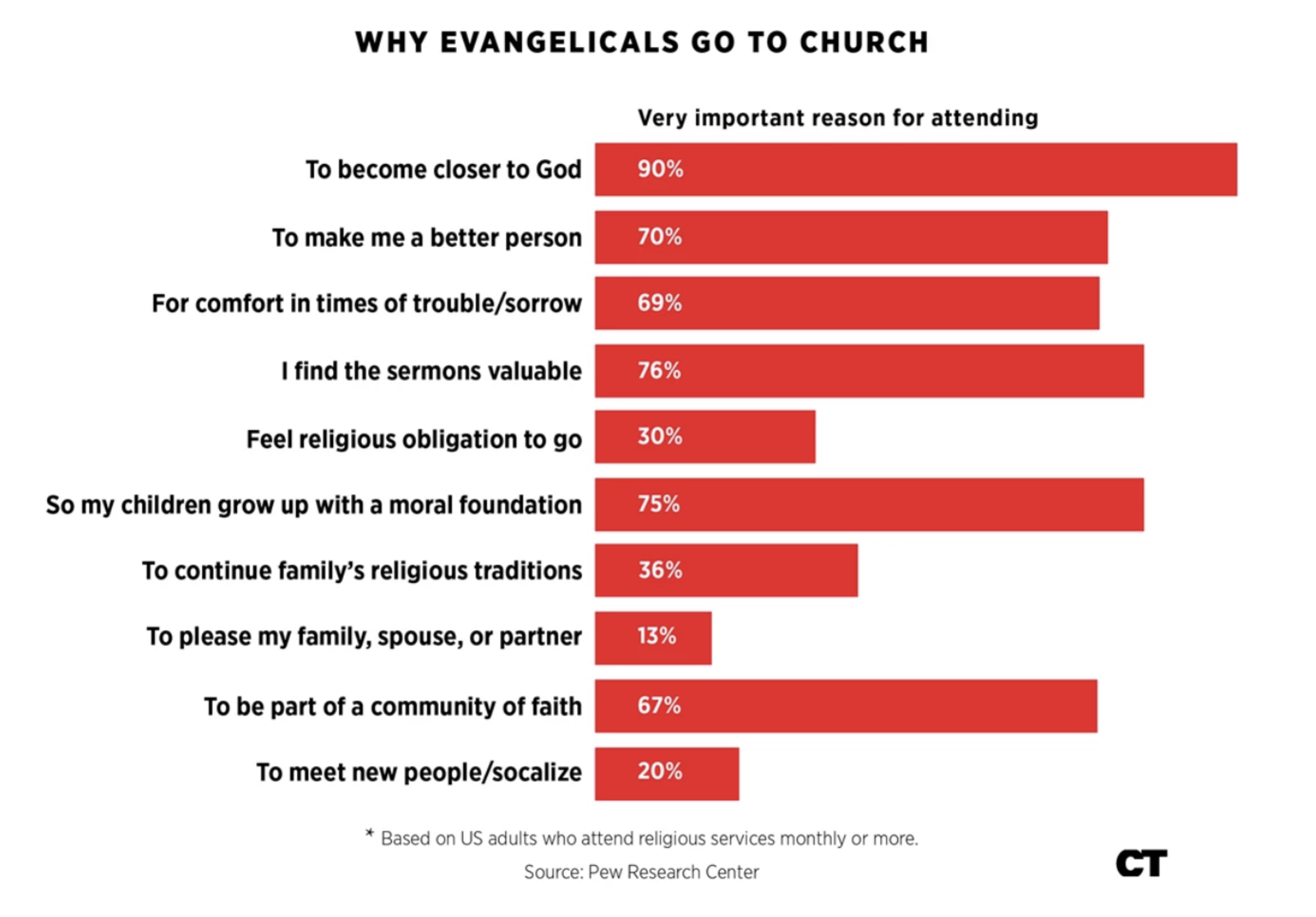By Cecil Roche
When online shopping took off in the early 1990s, it changed the entire landscape of the retail industry. Retailers had to reposition their products to compete in a global market and only the fittest survived. When the COVID-19 virus caused a worldwide pandemic in early 2020, all forms of gatherings were banned, forcing churches all over the world to conduct their services online. Christians have not been exempt from the trials and tribulations brought about by the COVID-19 crisis and there had never been a greater need for encouragement, comfort and spiritual nourishment. At the same time, new doors were opened to Christians, giving them free access to thousands of church services all over the world from the comfort of their living rooms.
Access to different church services
As an example, over the years, New Creation Church in Singapore had become renowned for having its congregation queue up for hours to get a seat in its 5000-seat auditorium. However, since the COVID-19 crisis, the New Creation Church service is broadcast live all over the world and is accessible to anyone with an internet connection. Since the start of the pandemic, the number of online viewers for New Creation’s Sunday services has far exceeded its official membership count of 31,000 members.
Would a member of one church attend an online service of another church? An informal survey conducted found that many people have been doing so since their physical church closed its doors in early 2020. This leads us to the fundamental question of why people attend church.
Why do people attend church?
Another survey conducted by Pew Research Centre in 2018 among evangelical churches in America found that almost 76% of respondents attended church because they found the sermons valuable (See diagram below).

With physical churches being taken out from the equation, it would be safe to assume that the reasons for attending an online church would remain largely the same although the social factors, traditions and obligations would play a diminished role online. The sermon would form the critical segment of an online service because an anointed sermon could fulfil many of the reasons illustrated in the diagram above. An anointed sermon could draw a person closer to God, it could build a moral foundation, it could encourage and motivate a person to be better and also impart comfort. However not all pastors are anointed preachers, and sadly, in some churches the most anointed preachers amongst its staff are assigned other church duties. A truly anointed sermon is current, relevant to the times, goes out with power, touches the spirit, strengthens faith, stirs emotions and motivates change. Unfortunately, some churches are losing sheep because of online sermons that are dry, irrelevant and with long slide presentations that serve more as a lullaby.
Tithing
This leads us to another important question that begs an answer. If a Christian who is officially a member of Church A gets most of his/her spiritual food from another Church B, should that member pay tithes to Church A or Church B? Some bible teachers encourage Christians to tithe to the church to which they officially belong. Others say, “tithe where you are being spiritually fed” because we should physically support the church which provides us with the most spiritual food. Although there is no easy answer to this question, readers are encouraged to refer to 1 Timothy 5:17-18 and to be guided by God.
Hungry sheep
Many churches are failing to quickly adapt to the changes brought about by the COVID-19 pandemic. Some of these lifestyle changes will continue beyond the pandemic. Hungry sheep will continue to fulfil their spiritual needs by seeking the most nutritious spiritual food from the wide selection of online shepherds. Many pastors will go back to their physical churches in 2021 to an increased congregation and some to a reduced congregation depending on how they are being led by the Spirit and continue to adapt to the changing needs of their sheep.
Cecil Roche ha s a Bachelor’s Degree in Computer Engineering from the University of Essex and a Master’s Degree in Education from the University of Sheffield. He has lived and worked in four countries around the world as a Senior Lecturer and Head of Software Engineering, He currently lives in Melbourne, Australia where he runs his own investment company. He and his wife Julie also own and operate Shekinah Tours, a tour company that specializes in taking tours to bible-based destinations. Cecil is a graduate of Harvest Bible College Melbourne and has served on the management board of two churches. He has been a lay leader and a volunteer for more than 20 years in the areas of worship, teaching and deliverance.
s a Bachelor’s Degree in Computer Engineering from the University of Essex and a Master’s Degree in Education from the University of Sheffield. He has lived and worked in four countries around the world as a Senior Lecturer and Head of Software Engineering, He currently lives in Melbourne, Australia where he runs his own investment company. He and his wife Julie also own and operate Shekinah Tours, a tour company that specializes in taking tours to bible-based destinations. Cecil is a graduate of Harvest Bible College Melbourne and has served on the management board of two churches. He has been a lay leader and a volunteer for more than 20 years in the areas of worship, teaching and deliverance.


